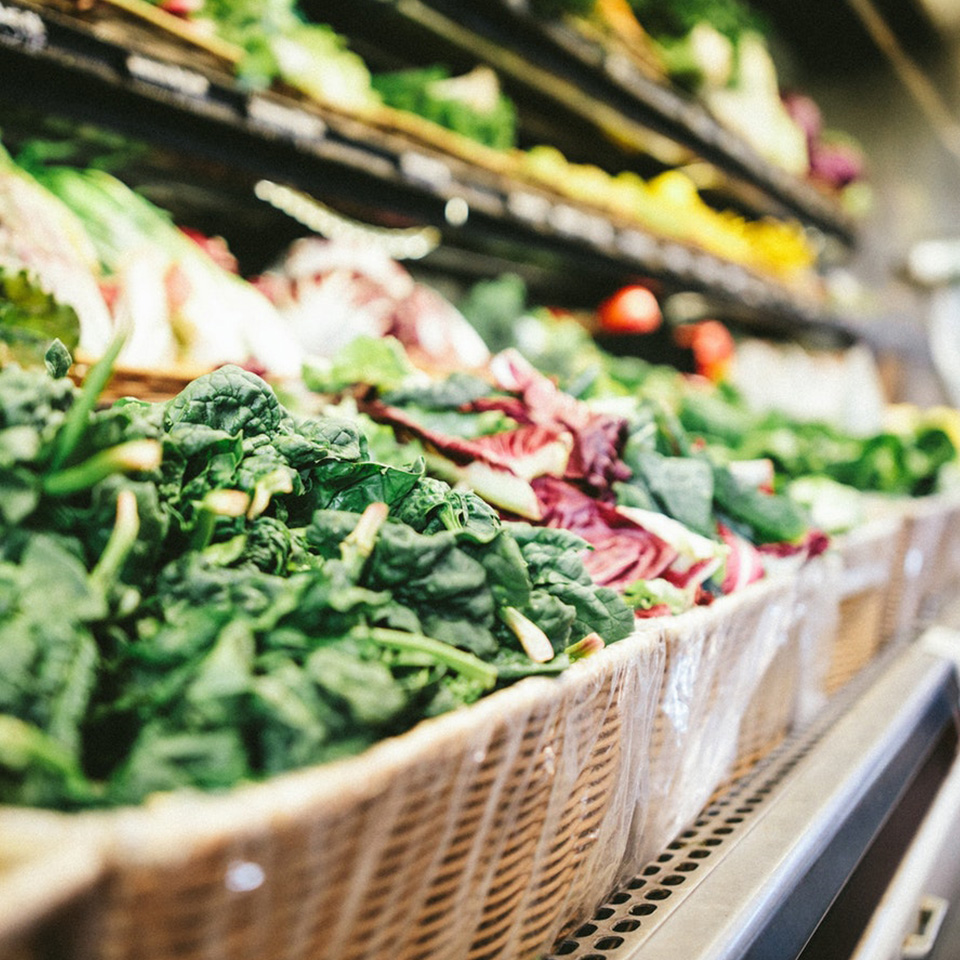People love animals
Many people claim to be animal-lovers. They call “their” animals, ‘friends’ or ‘family members’. Other people don’t feel a particular connection to animals but nevertheless would never want to harm them, and sometimes go as far to say they “wouldn’t hurt a fly”. There are very few people who would say they simply don’t care about what happens to animals (or humans).
Nevertheless, in Switzerland we needlessly slaughter about 76.5 million animals every year!


